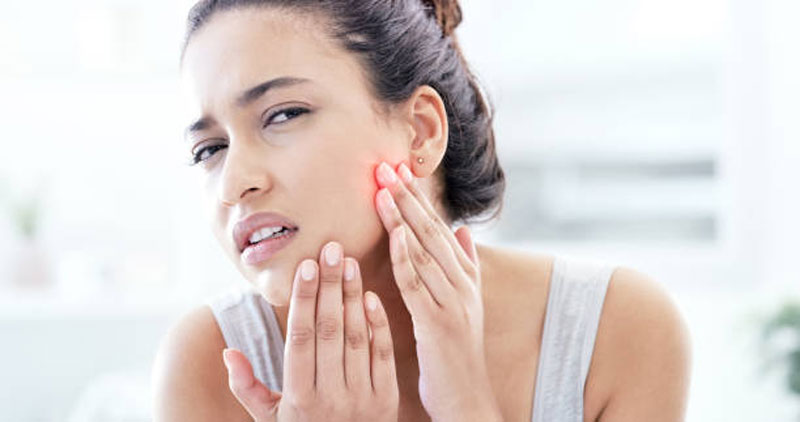
At some points, we experience skin inflammation and rashes that lead to skin irritation, pain, redness, and dryness. Diagnosing and treating these skin problems can be quite exhausting. Most individuals deal with well-known inflammatory skin conditions like psoriasis, eczema, hives, dermatitis, drug rashes, and poison oak and poison ivy.
In some cases, these conditions run in the family and can be transferred from one relative to another. Some of them can be triggered by certain weather conditions, allergens, and even stress. Some rashes are created by bacteria or virus infections and when severe, the infected individual may need medical assistance. As disturbing as these skin conditions can be, they can be treated.
Solutions To Skin Inflammation
It is commonplace for individuals to get infected by skin inflammation which may be as a result of daily activities or minor illnesses, or both. Whereby the skin rash experienced is not oozing or itchy, it can be treated via self-medication. A mild emollient would suffice to relieve the inflammation as your health fully recovers.
On the contrary, if there is no improvement after a couple of days, whether there be severe itching, oozing or increased symptoms of illness, then it’s high time you visited a dermatologist or doctor. Based on your specialist’s prescription, you may need to use anti-inflammatory creams, emollients, or topical steroids to ease the inflamed skin.
In an event where your skin reacts based on infections such as dermatitis, eczema, inflamed, cracked or dry skin, you can relieve such skin reaction with the use of essential oils.
What Essential Oils Are Ideal For Skin Inflammation?
There are several types of essential oils that can be used to treat inflammatory skin conditions. They perform various purposes that help give you a smooth and healthy skin. Here are some essential oils that are worth checking out:
Rose Essential Oil
This type of oil is mild and gentle on the skin. The rose essential oil produces a soothing and refreshing effect when applied. It is very effective in treating broken capillaries. To get better results, you can add the oil to your skincare cream. Rose oil is ideal for inflamed or dry skin as it contains strong anti-inflammatory properties.
Geranium Essential Oil
Aromatherapy practitioners find Geranium oil very useful as it has refreshing and relaxing effects when applied to the skin. Besides that, there are other benefits this oil provides. It is antiseptic and anti-inflammatory which makes it highly potent in managing different skin conditions. Geranium essential oil is derived from steam distillation of Pelargonium graveolens leaves – a plant species home to South Africa.
Lavender Essential Oil
This essential oil is one of the most versatile oils that can be used to ease body aches, alleviate anxiety, and treat boils, burns, and scars. It is present in most family first-aid kits and used to treat most inflammatory skin conditions.
Tea Tree Essential Oil
Do you wish to treat your skin with an antifungal, antiseptic, and immune-boosting oil, tree tea essential oil is perfect for your skincare need. Additionally, it is a mild pain reliever which makes it ideal for easing skin inflammation. Besides, this essential oil can be used to treat dry skins against infection and soreness.
Citrus Essential Oil
Citrus oils are made from lemons and oranges. They are great cleansers and toners. You can apply citrus essential oil to treat skin breakouts, greasy skin, and acne.
You can purchase any of these essential oils and many more for your skin treatment using this link: https://zenveaessentialoils.com/list-of-essential-oils/.
Comments
comments